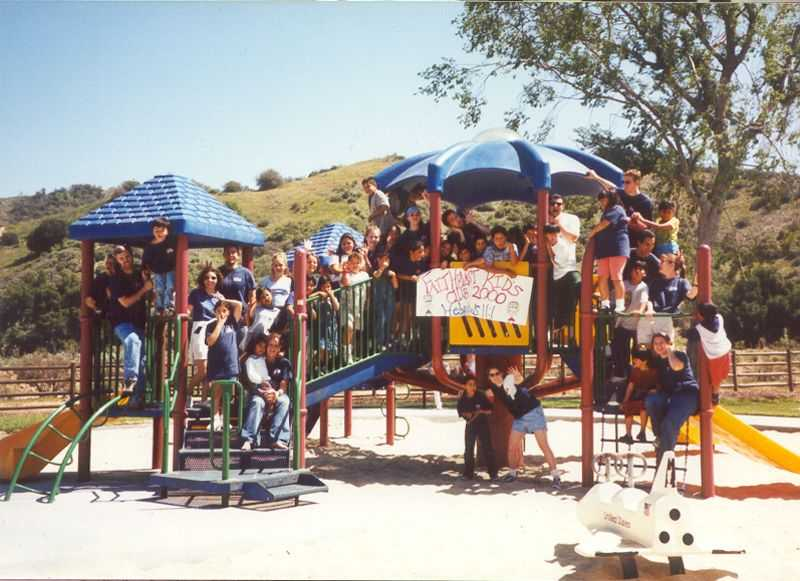
This piece was originally published at A Life Overseas.
Lois was only a few weeks away from death when I visited her in a nursing home. Lois was a widow, and she supported our ministry in Tanzania at $200 a month as a widow. By the time I could visit her, she had developed cancer. I told her how grateful we were that she supported our family so generously for so many years.
“It’s my pleasure,” she told me, her eyes bright with the energy her body lacked. “You know, I discussed this with my kids. They agreed that they didn’t need a big inheritance. They are okay with me giving away my money to missionaries.” I sat there dumbfounded, tears in my eyes.
In Tanzania, we attended a church where we were often the only non-Africans present. One Sunday, the preacher spoke passionately about God’s call to cross-cultural missions. Afterward, an African woman I had never met approached me. She smiled and said, “Thank you for serving as missionaries!” She handed me an envelope containing about $75 – a considerable amount for many Tanzanians. My eyes gaped. My mouth gaped. I’m sure I looked like a codfish. All I could think was, She probably needs this more than I do. Yet I knew it would insult her to refuse, so I sputtered out my thanks and hugged her.
Our mission organization keeps a database of every donation we’ve received since we first moved overseas in 2001. Sometimes I look at the cumulative totals our donors have given us, some going back 20 years. They could have gone on a nice vacation with that money, I think to myself. Maybe an Alaskan cruise. That family could have remodeled their kitchen or bought a car with these donations. And in one case, They could have bought another house with that money. Not kidding. A whole house.








